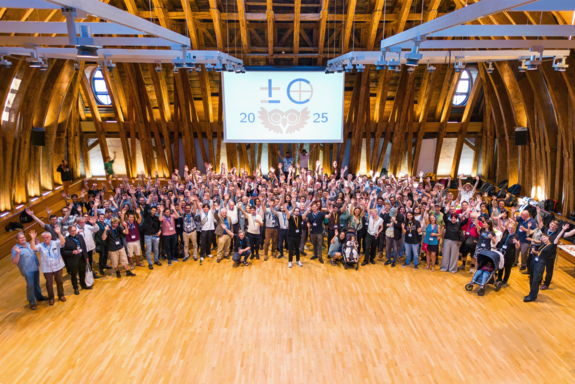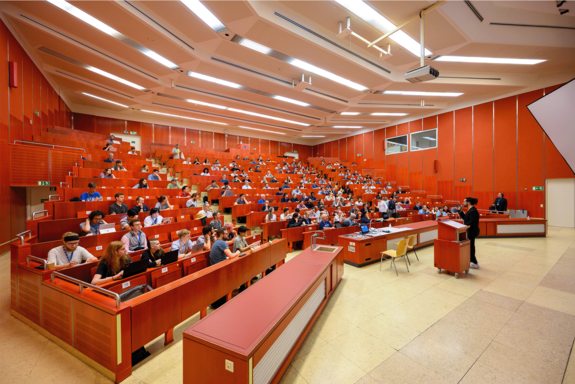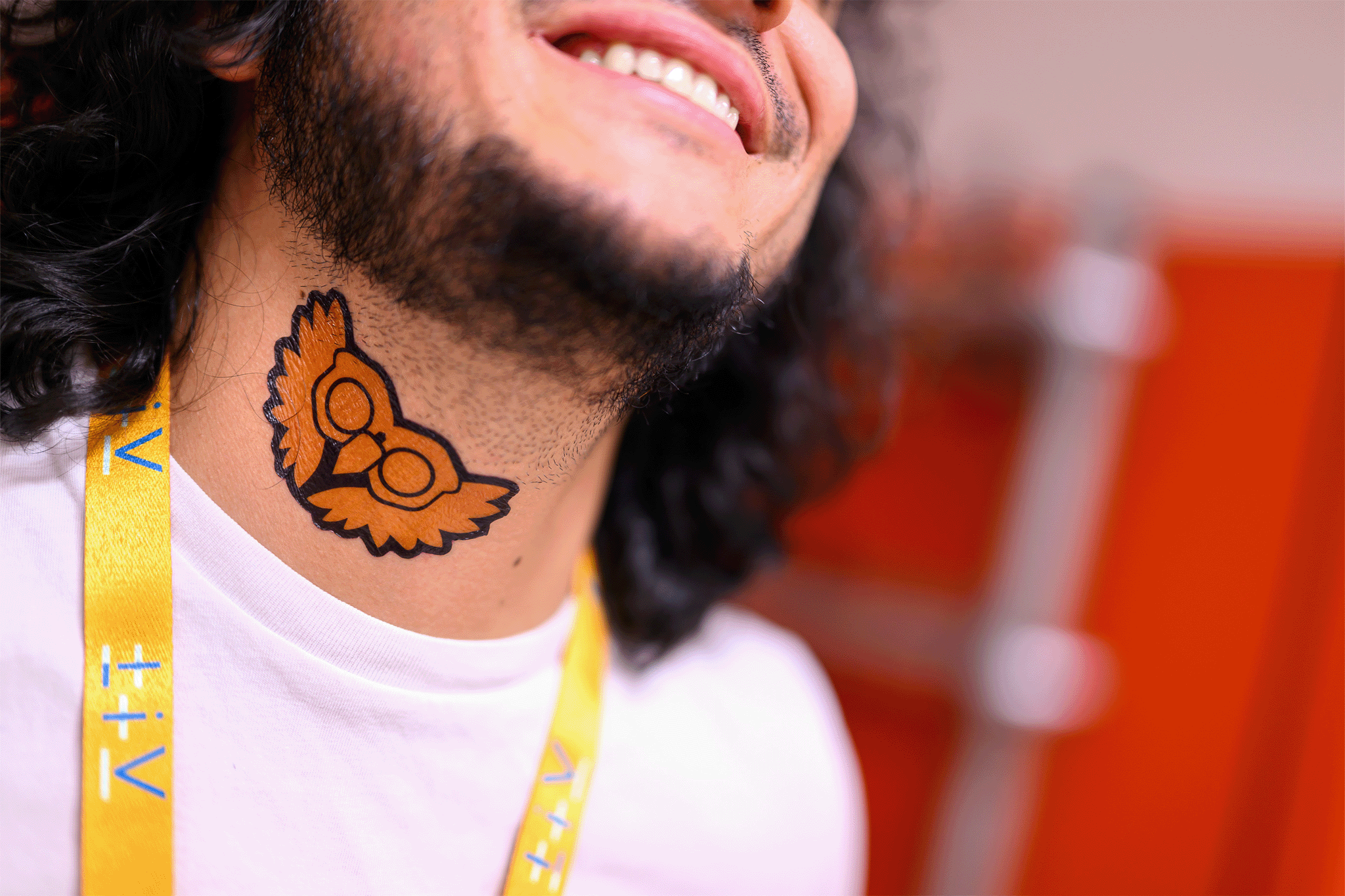It is no coincidence that Vienna is becoming a magnet for logicians this summer – you could also say it is “logical”. Kurt Gödel, who was Austrian, was the most important logician of the 20th century. At the age of 18, the mathematician and philosopher came to Vienna and enrolled to study theoretical physics at the University of Vienna. His scientific focus was on the study of completeness and the logic of provability. Kurt Gödel was the first to describe the possibility that some problems have no solution – and consequently not all mathematical problems can be solved. A problem that logicians are still dealing with today.
Logic touches everyday life
"This summer, the leading experts in logic from around the world will gather in Vienna to discuss why mathematics is the way it is, what it can and cannot do, and what we can expect from the future of computation and artificial intelligence," says Juan Aguilera, part of the Logic in Vienna programme committee.
While several hundred logicians from the fields of mathematics, philosophy and computer science will be tackling complex problems like these in Vienna this summer, logic is an integral part of our everyday world. "Logic is the science that explains how our modern world works," says logician Juan Aguilera. He continues: “Without science there is no technology, without mathematics there is no science, without logic there is no mathematics.”
Start of Logic in Vienna
The Logic Summer kicked off on June 23 with “Reverse Mathematics” - a ten-week programme consisting of three workshops and a summer school. Reverse Mathematics deals with the question of which axioms of mathematics – i.e. principles that do not require proof – are necessary to prove a certain theorem or develop a certain branch of mathematics.
“DEON” already took place from July 1-3, where the participants dealt with deontic logic and normative systems. This part of logic examines the relationship between logical terms that imply an obligation – such as “ought”, ”must” or “may”.
The highlight: Logic Colloquium with Gödel Lecture
The “Logic Colloquium” started on July 7. This is also the European summer conference of the Association for Symbolic Logic and is considered the most important logic conference worldwide. At the conference, results from the most diverse areas logic are presented – including proof theory, model theory, set theory, computability theory, logic in computer science, logic and Leibniz and condensed mathematics.
A highlight of the conference is the public Gödel Lecture, which will be given this year by the Catalan logician and mathematician Joan Bagaria. Bagaria's core competence is set theory. In his Gödel Lecture, he will talk – in a generally understandable way – about the challenges that arise from our concept of infinity. The lecture will take place on July 9 at 5:30 p.m. (further information at the end of the text).
Later this summer, there will also be a conference in honour of Saharon Shelah's 80th birthday (July 14-15) and one in honour of Jeff Hirst's retirement (August 9). Finally, the “Young Set Theory” conference will take place from September 8-12. There, young researchers meet and discuss set theory – the part of logic that deals with infinity.
Further Information
The public Gödel Lecture will take place on July 9, 2025, 5:30-6:30: HS 1, Wiedner Hauptstrasse 8-10, 1040 Vienna.
Joan Bagaria's lecture is directed explicitly at a broad audience.
Further information about Logic in Vienna: https://www.colloquium.co/, opens an external URL in a new window
Contact
Dr. Juan P. Aguilera
TU Wien
Research Unit of Computational Logic
+43 1 58801 104 382
juan.aguilera@tuwien.ac.at
Text:Sarah Link





